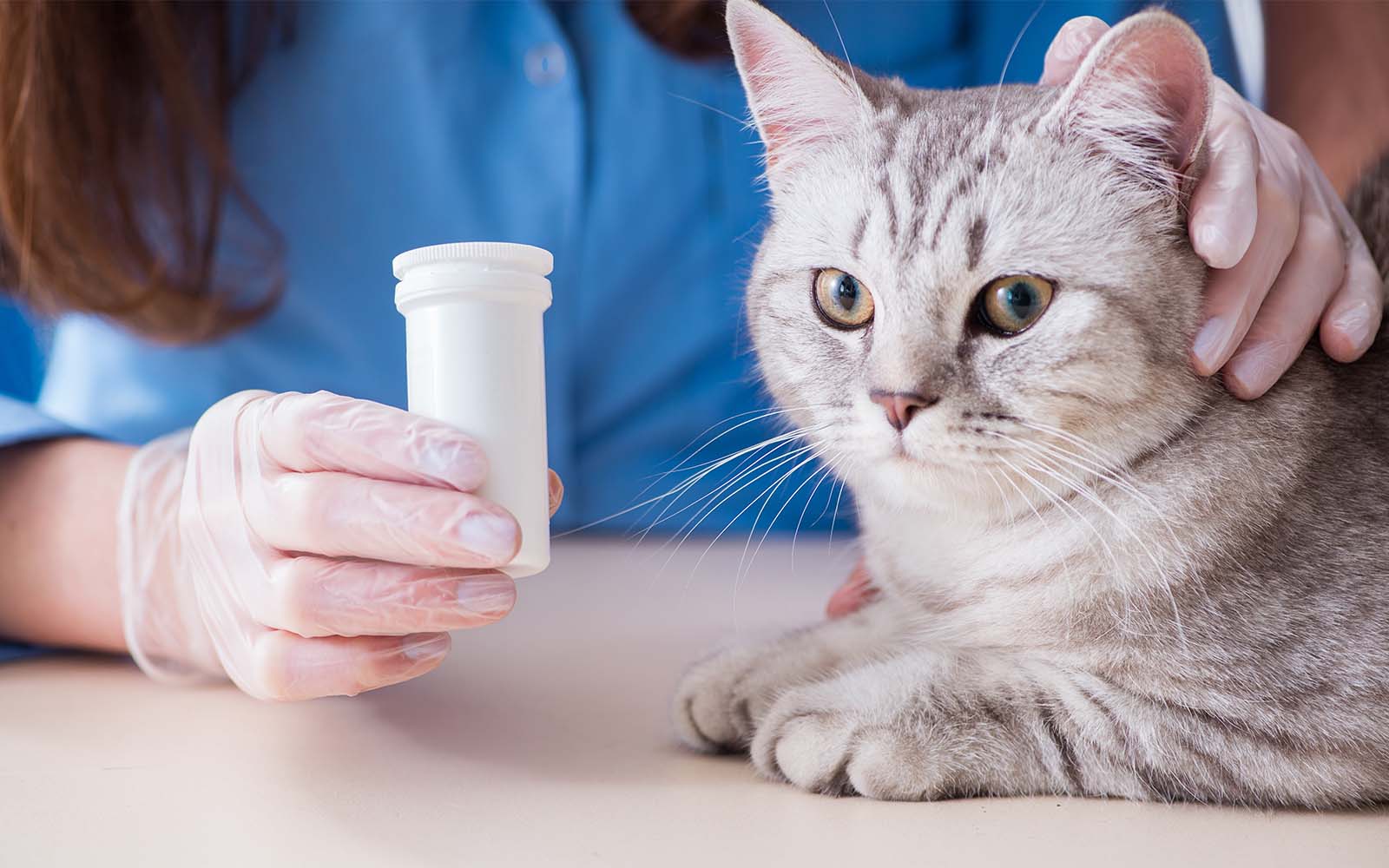
As cats get older, their kidneys might not function as well, making them more prone to kidney disease. When the kidneys can’t filter waste from the blood properly, it can lead to other health issues. This is why older cats are more likely to develop chronic kidney disease over time. To help your cat stay healthy, it's important to understand the causes and symptoms of kidney disease and how you can prevent it. Let's dive into the details below.
Why Does This Disease Occur?
Kidney disease in cats is often related to their age, genetics, infections, or exposure to toxins. Just like in humans, a cat's kidney function can decline as they age, making them more susceptible to this disease. Certain breeds, like Persians and Abyssinians, are more likely to develop kidney problems. Additionally, exposure to toxic substances or certain medications can increase the risk.
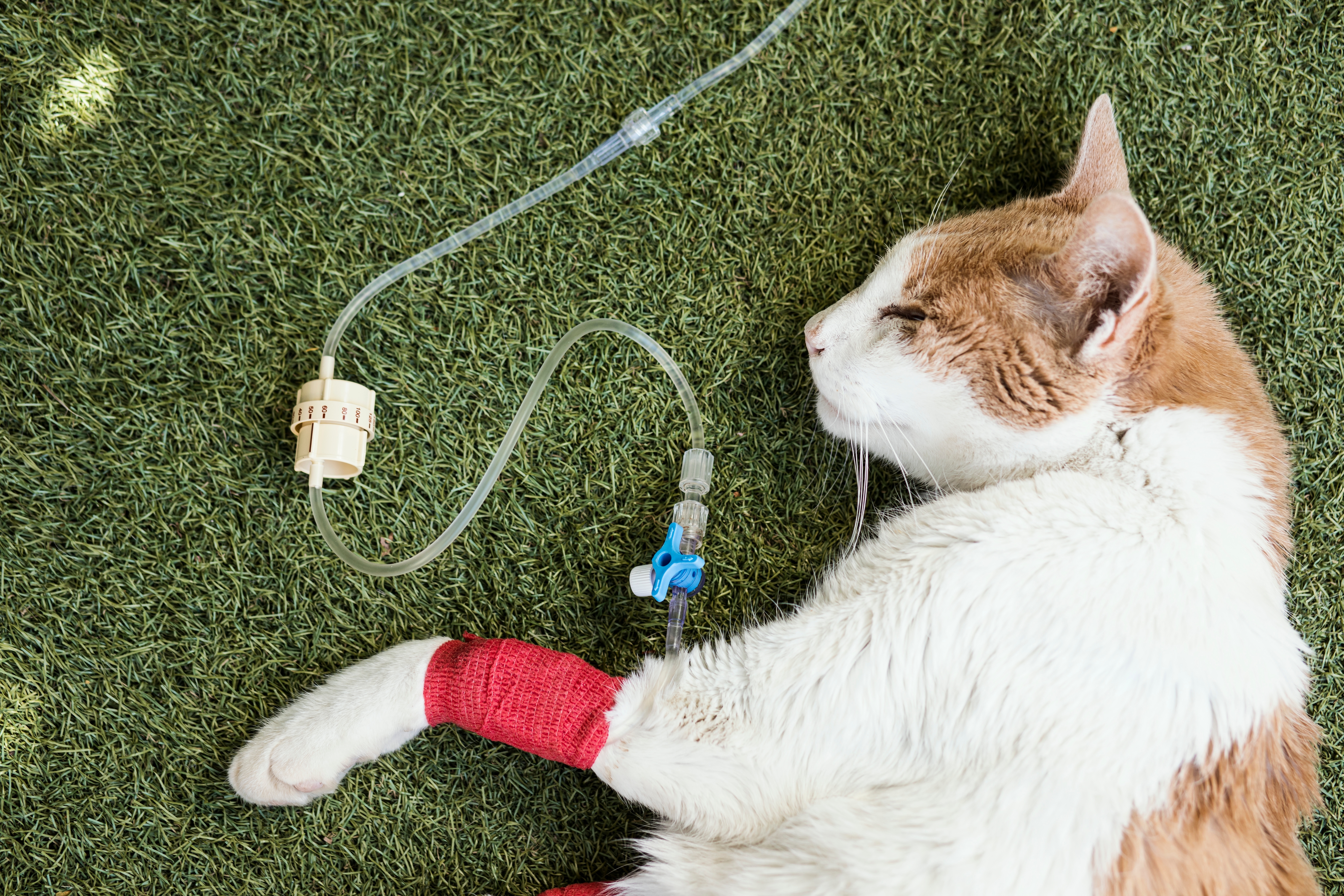
Symptoms to Watch For
If you can recognize the early signs of kidney disease, you can help support your cat’s kidney health and enjoy more time together. Some early symptoms include increased thirst, frequent urination, reduced appetite, weight loss, vomiting, and a decrease in activity levels. If you notice any of these signs, don’t ignore them.
How to Treat and Prevent
To help prevent and manage this disease, feed your cat a diet that is low in protein, sodium, and phosphorus, and make sure they always have plenty of water to drink. Regular visits to a qualified veterinarian are essential to monitor your cat’s condition and adjust treatment as needed. By having routine check-ups, you can catch any issues early and reduce the progression of the disease.
Kidney disease in cats is a serious condition, but with the right knowledge and care, you can help alleviate their symptoms and improve their quality of life. By following the tips above and providing proper care, you and your cat can continue to enjoy a happy and healthy life together
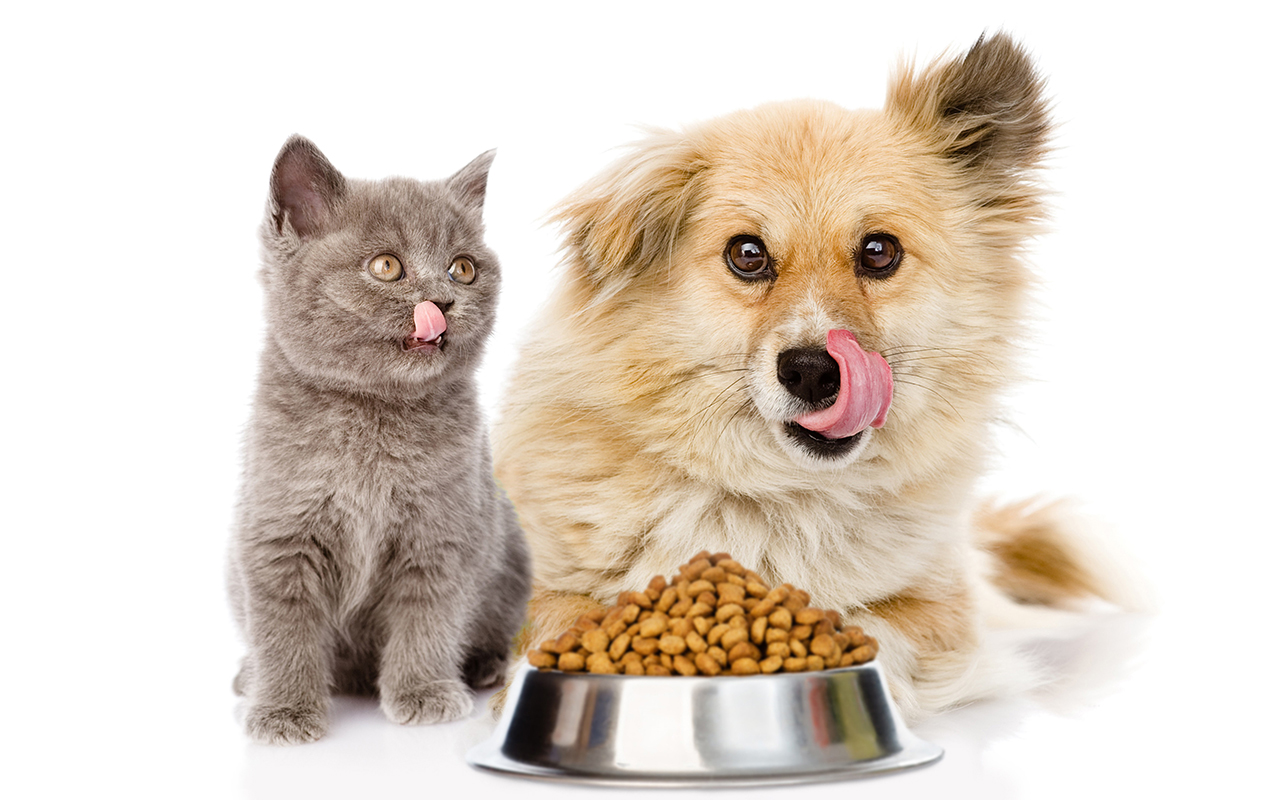
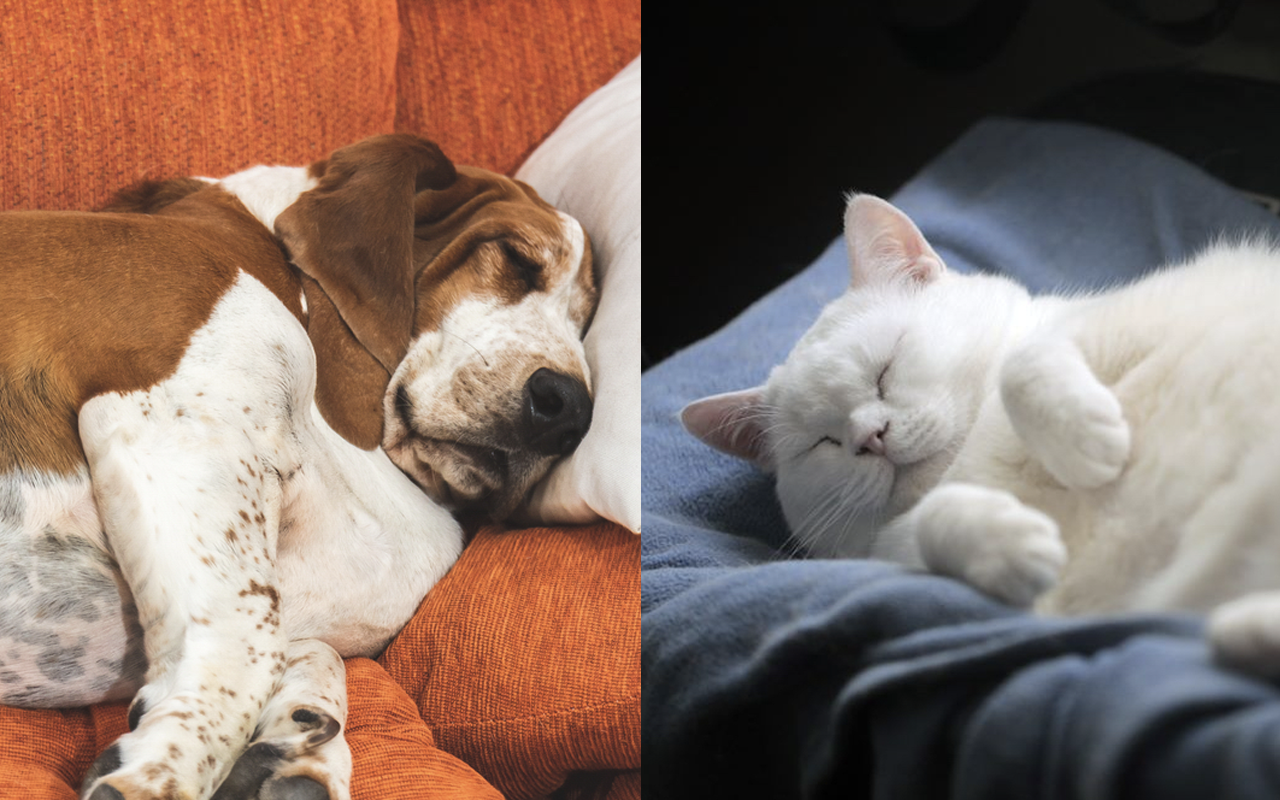
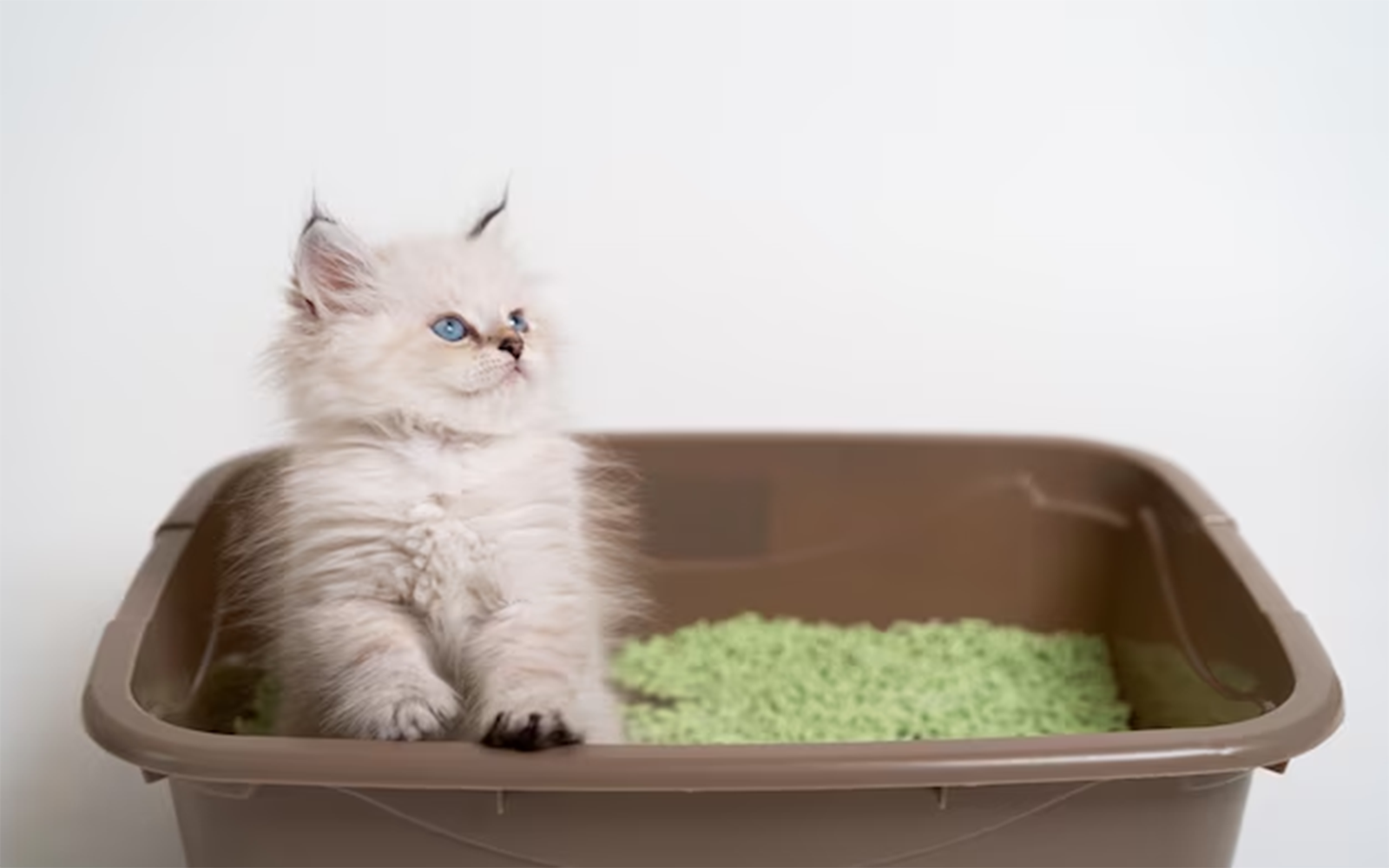

Comments